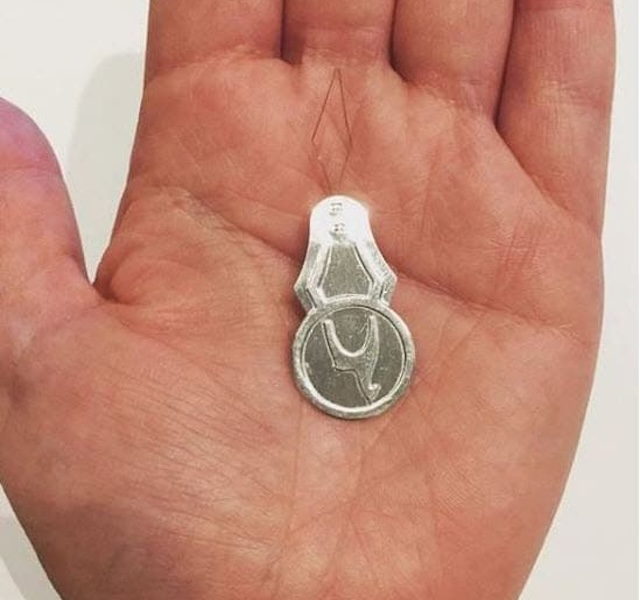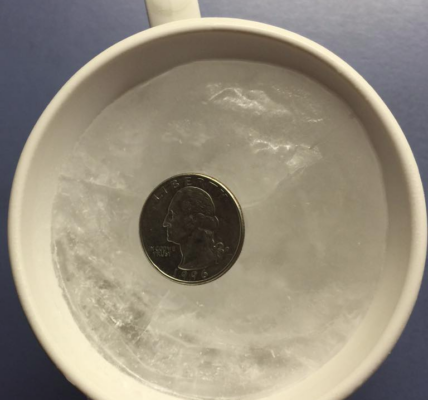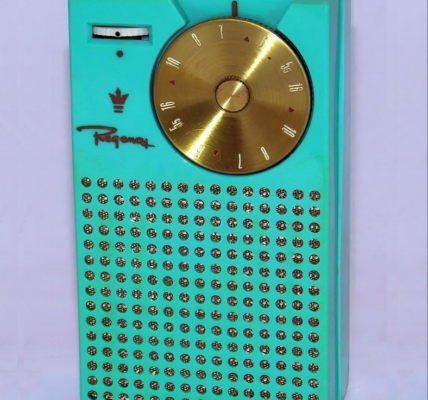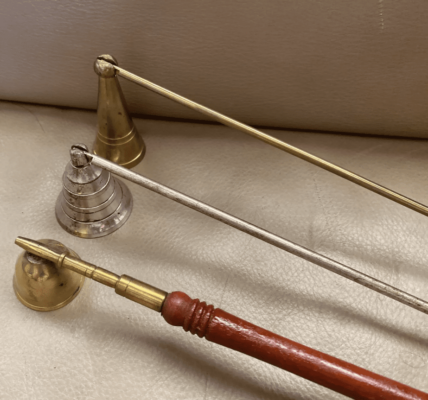In the fast-paced world of modern technology, where convenience often overshadows tradition, it’s easy to overlook the humble tools that once made everyday tasks simpler. Among these are the needle threader and tailor’s chalk—two indispensable items that were staples in sewing kits of the past. Though they may not be as widely recognized today, these tools hold a special place in the hearts of those who remember using them. Let’s delve into the history, functionality, and enduring legacy of these nostalgic sewing aids.
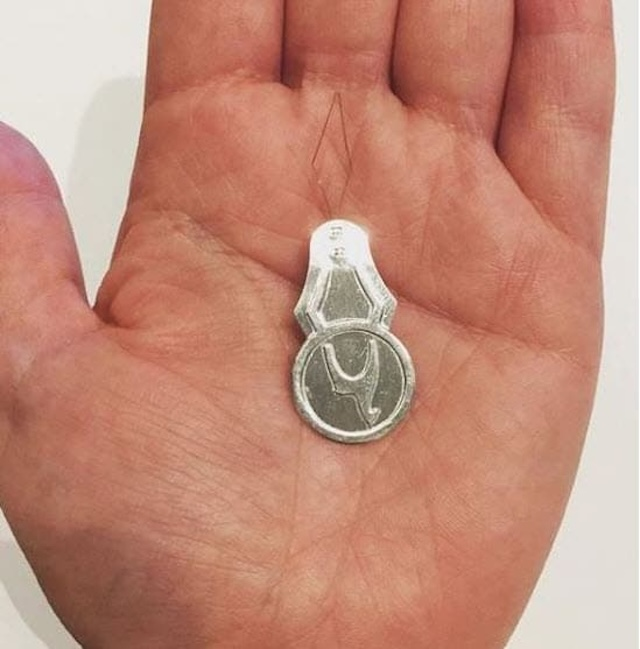
Needle Threaders: A Handy Tool from the Past
If you’ve ever tried to thread a needle by hand, you know how frustrating it can be, especially when dealing with tiny needle eyes and fine thread. Enter the needle threader—a simple yet ingenious tool that turned a tedious task into a breeze. While these tiny gadgets may seem like relics from a bygone era, they played a crucial role in the daily lives of those who sewed by hand.
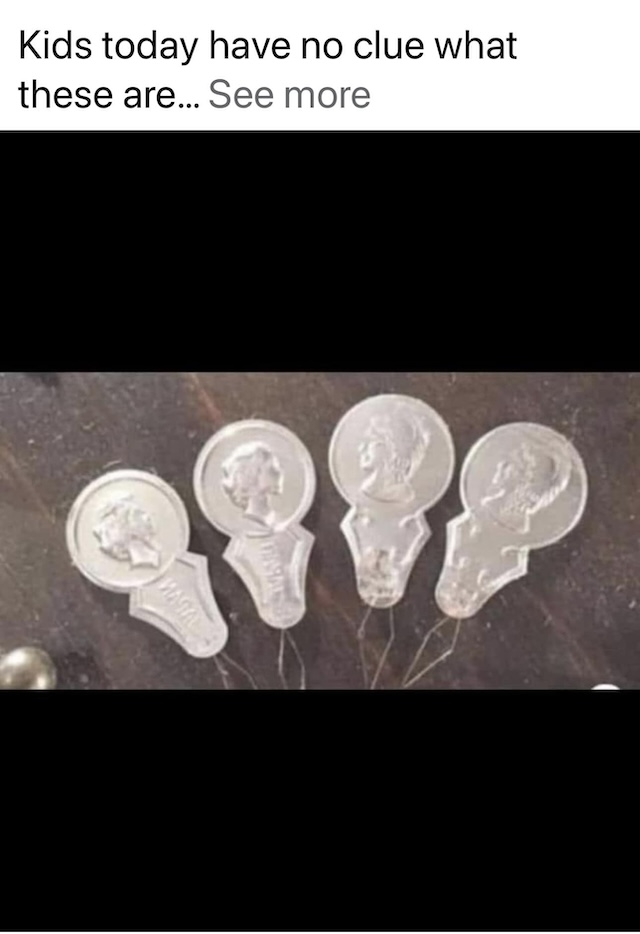
The Birth of the Needle Threader
The needle threader was invented in the 18th century, a time when sewing by hand was a necessary skill in every household. The exact inventor remains unknown, but the design of the needle threader has remained largely unchanged since its inception. The device typically consists of a small metal or plastic plate with a fine wire loop attached. This loop is inserted through the needle’s eye, the thread is passed through the loop, and then the loop is pulled back, drawing the thread through the needle effortlessly.
This tool was a game-changer, especially for those with poor eyesight or shaky hands. What was once a painstaking task became quick and easy, allowing people of all ages to continue sewing with ease. As a result, needle threaders quickly became a must-have item in every sewing kit.
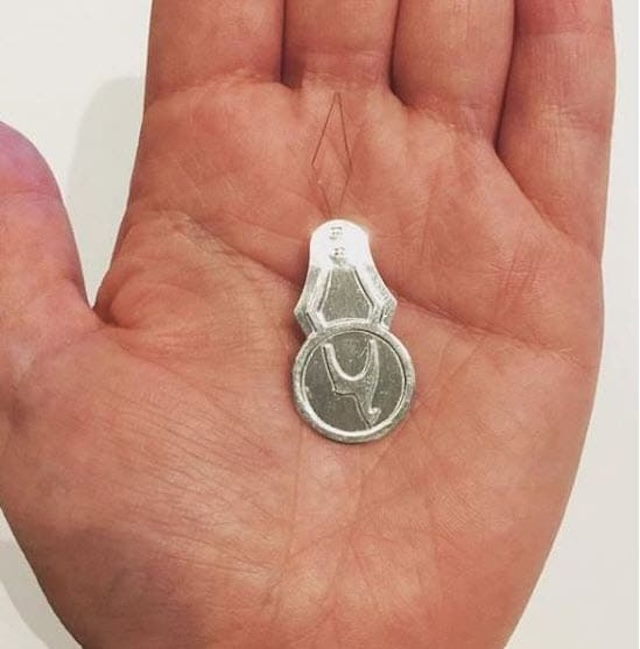
Why Needle Threaders Became Popular
The popularity of needle threaders soared in the 20th century, particularly during the era when home sewing was commonplace. For many women, sewing was not just a skill but a daily necessity. Whether it was hemming clothes, attaching buttons, or creating garments from scratch, a needle and thread were always within reach. However, as people aged, threading a needle became more challenging. Needle threaders offered a simple, inexpensive solution that allowed individuals to continue sewing without frustration.
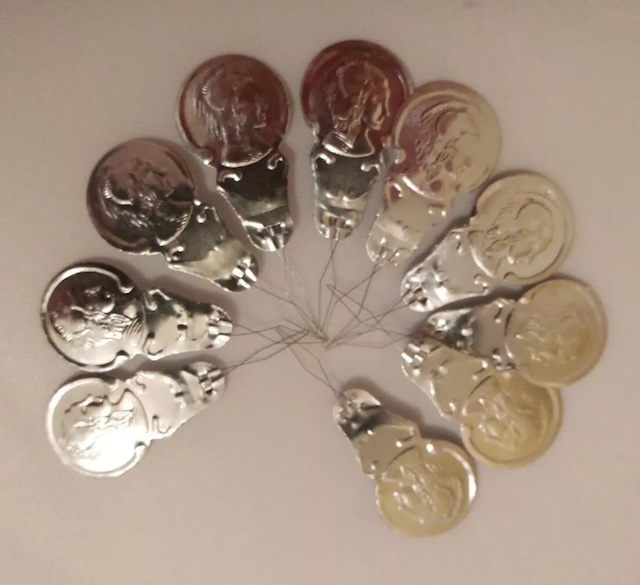
Moreover, needle threaders became popular promotional items, often embossed with company logos or designed in the shape of familiar figures. These branded needle threaders were frequently included in sewing kits, making them a common household item.
Nostalgic Memories: A Household Staple
For many, the sight of a needle threader brings back fond memories of sitting with their mothers or grandmothers, learning how to sew. These small tools were often found in sewing boxes, alongside spools of colorful thread, small scissors, and packets of needles. The embossed designs on the handles, often depicting classical portraits or vintage branding, added a charming touch to these practical tools.
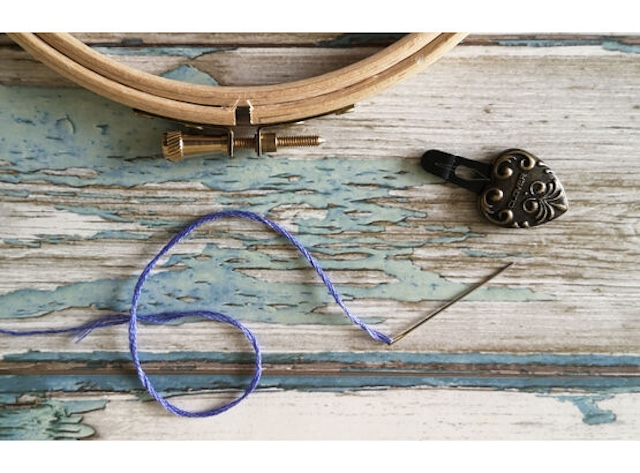
The needle threader’s simplicity and effectiveness made it a beloved household staple, and its presence in the sewing kits of older generations evokes a sense of nostalgia for a time when sewing was a regular part of life.
Despite their widespread use in the past, needle threaders have become less common in today’s world. Several factors contributed to their decline:
- The Rise of Machine Sewing: With the advent of affordable sewing machines, hand sewing became less necessary for everyday tasks. Machines offered faster, more precise results, reducing the need for manual tools like needle threaders.
- Changing Lifestyles: As mass-produced clothing became more accessible and affordable, fewer people engaged in home sewing, leading to a decrease in demand for sewing tools.
- Advancements in Needle Design: Modern needles often feature larger or more ergonomic eyes, making them easier to thread without the need for a separate tool.
While needle threaders are no longer as ubiquitous as they once were, they remain available in most sewing kits and are still used by those who enjoy hand sewing or mending clothing the traditional way.
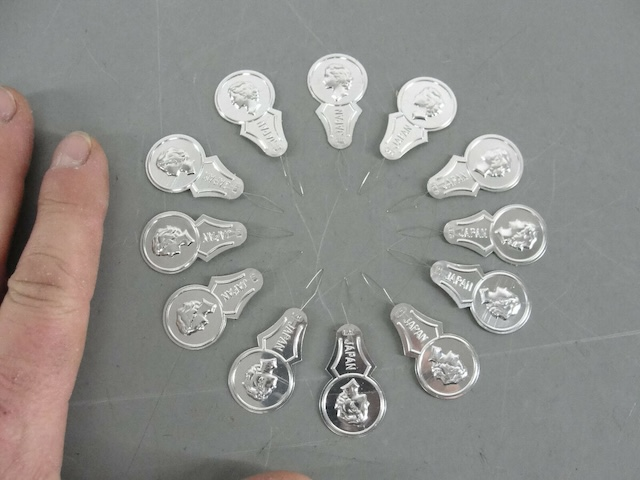
Tailor’s Chalk: The Unsung Hero of Precision Sewing
Another essential tool in any vintage sewing kit is tailor’s chalk. Unlike needle threaders, tailor’s chalk was used to mark fabric temporarily, aiding in precise cutting and sewing. Though it may not be as widely recognized today, tailor’s chalk was crucial for ensuring accuracy in garment construction.
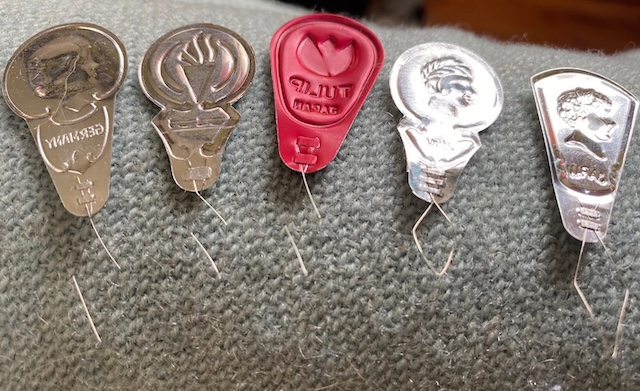
The Purpose and Use of Tailor’s Chalk
Tailor’s chalk, typically made of soft, easily removable materials like clay or wax, comes in various colors and shapes, most commonly flat triangles or rectangles. These chalk pieces were used to draw lines, marks, or patterns on fabric without causing permanent damage. Once the sewing was complete, the marks could be brushed or washed away, leaving no trace on the finished garment.
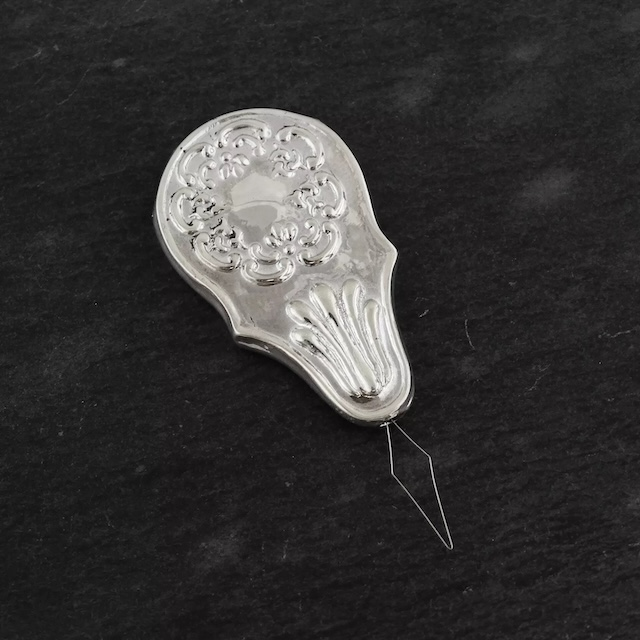
Tailors and home sewers alike relied on this tool to ensure that seams were straight, hems were even, and patterns were followed accurately. Whether cutting out fabric pieces for a dress or marking where to place a pocket, tailor’s chalk was an indispensable part of the sewing process.
The Legacy of Tailor’s Chalk
While tailor’s chalk is still used by professional tailors and serious sewing enthusiasts today, it is not as commonly recognized by younger generations. Many people might mistake it for a guitar pick or some other unrelated item, unaware of its significance in the world of sewing. However, for those who spent hours sewing, tailor’s chalk holds a special place in their hearts.
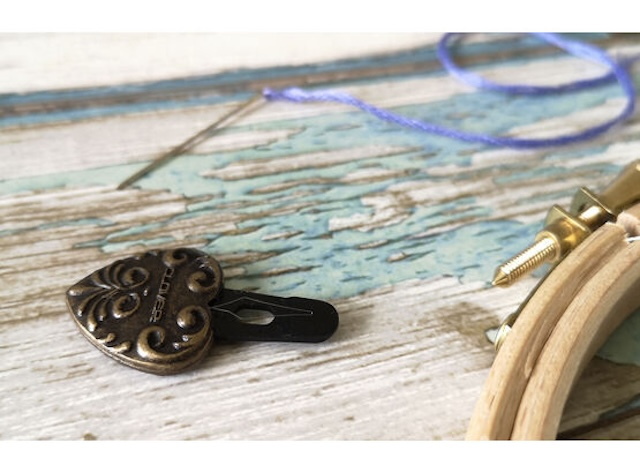
Much like the needle threader, tailor’s chalk represents a time when sewing was an essential skill, and tools were designed to make the process as efficient and accurate as possible. These tools remind us of the care and precision that went into creating handmade garments—a stark contrast to today’s fast fashion industry.
Conclusion: Cherishing the Tools of the Past
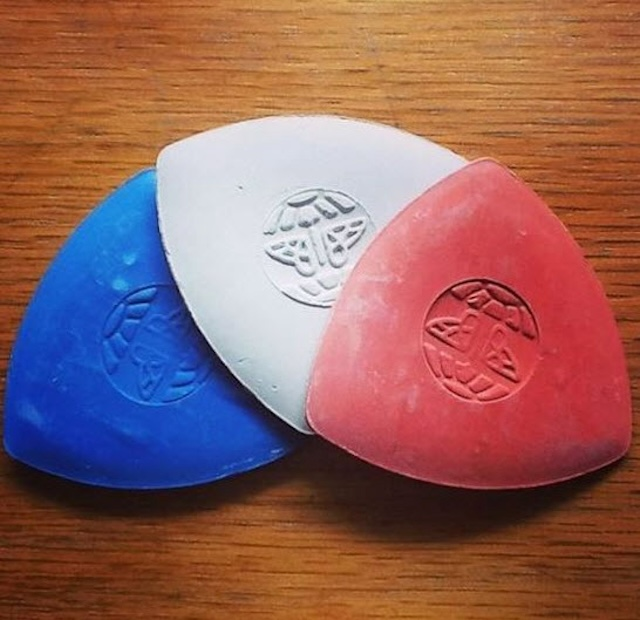
The needle threader and tailor’s chalk may no longer be household essentials, but they remain symbols of a time when sewing was a fundamental part of daily life. These tools not only made sewing easier and more efficient but also hold a wealth of nostalgic memories for those who used them.
As we reflect on these simple yet ingenious devices, we gain a greater appreciation for the advancements in technology that we enjoy today. Yet, there’s something timeless about the needle threader and tailor’s chalk—something that reminds us of the joy of creating with our own hands and the value of the tools that help us along the way.
